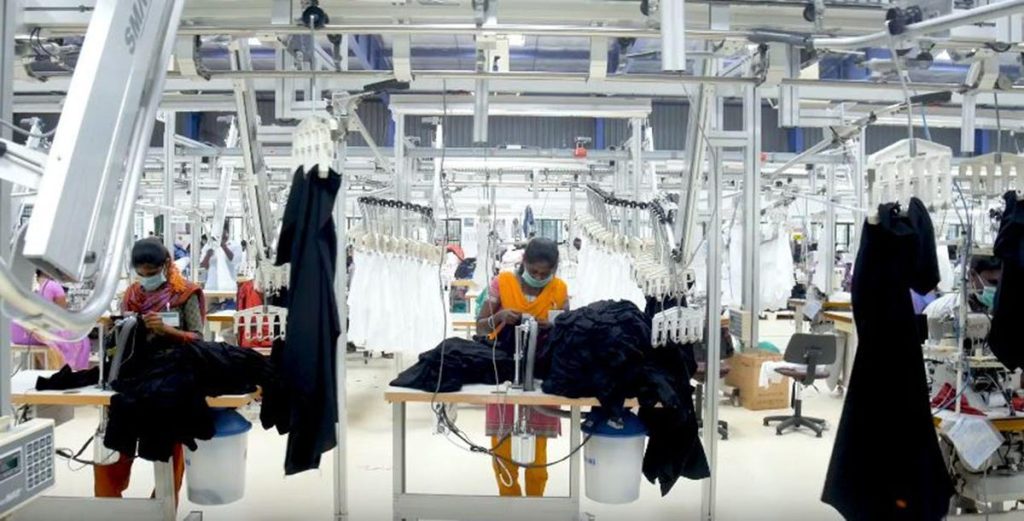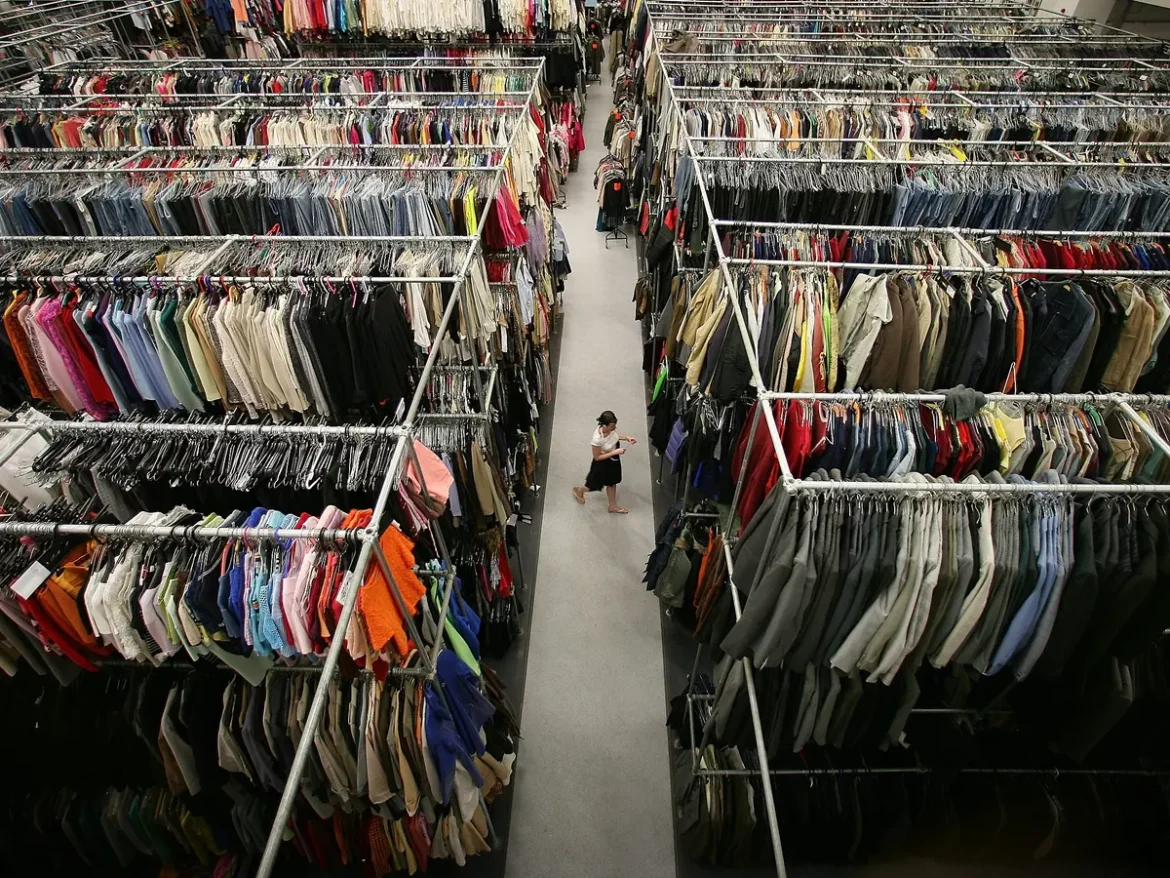BUSINESS/ We have found a report from International Women’s day back in 2016 saying that; when approximately 80 percent of the world’s fashion workers are women. The number of women heading the 15 largest mass-market apparel companies on the Fortune 500 list is ZERO!!
Garment Sectors are good at employing women; but when it comes to supporting them, they fail at it miserably.
Garment-related global supply chains provide critical jobs; and capital that help women workers to raise their standard of living and provide for their families. However, these women are also vulnerable in global value chains. Low wages, unsafe working conditions, and flexible contracts are prevalent.
Let’s take a look at this report.
Women’s Perspectives
For women’s rights to be respected, their voices have to be heard. This rarely happens in a meaningful way; particularly because owners and managers are overwhelmingly men. A recent International Labor Rights Forum report entitled Our Voices, Our Safety interviewed 70 workers in the Bangladesh garment industry. The report highlights threats against women workers who attempt to speak out about workplace abuses.
It urges the Bangladeshi government and apparel brands to foster environments; in which workers can voice their safety concerns, and help to develop solutions, including the right to freedom of association.
Brands can play an important role in speaking out when governments clamp down on workers who attempt to organize and protest for improved conditions, as Adidas, Columbia, Gap, H&M, Levi Strauss and Puma didin Cambodia in 2014.
In supply chain audits, worker interviews; conducted by trained personnel must be a core part of the process; including interviews beyond the factory gates. But ensuring workers, especially women, have a voice requires going beyond the audit process.
As the Coalition of Immokalee Workers has learned in the US food industry, the most effective protections for workers can be obtained through an approach that is “designed, monitored, and enforced by the workers whose rights it is intended to protect”. Brands must be open to worker-driven corporate responsibility.

Ensure a Living Wage
Living wages are critical for women as they often take a primary role in providing for the family. They also often receive less pay than their male counterparts. Reports indicate that the wages paid to garment workers (three-quarters of whom are women) are not enough to allow workers to provide their families with basic human necessities. Workers’ rights groups have repeatedly criticized brands for allegedly paying workers less than a living wage in their supply chains, even though the business case and benefits of paying a living wage have been well established.
According to the Asia Floor Wage; all garment workers in Asia need a wage increase; to be able to provide for their family’s basic needs. The majority of garment workers in Bangladesh earn little more than the minimum wage; and far below what is considered a living wage minimum required to provide a family with shelter, food, and education.
The statement by H&M, Primark, and others in the face of government inaction in Cambodia that they are “ready to factor in higher wages and want more cooperation with trade unions” shows corporate leadership for better wages is possible.
Protect Migrants & Refugees
The face of migration is changing dramatically as women and girls now represent about half of the 244 million international migrants worldwide. Women, along with children, form the majority of refugees fleeing conflicts in places such as Syria.
These women are even more vulnerable as they arrive in countries where they have a little support network. They may not know the language. The pressure to feed their families often means; they enter the informal economy where they lack the protections enjoyed by registered workers. Which this leaves them vulnerable to sexual harassment, low wages, and hazardous working conditions, with little or no recourse.
While our recent outreach to 28 garment brands sourcing from Turkey revealed that a few leading companies – including Next and White Stuff – are tackling the plight of Syrian refugees in their supply chains head-on, many others need to take further action.
Brands can take significant steps to identify and protect these particularly vulnerable groups by undertaking unannounced audits of their supply chain beyond the first tier of factories to detect exploitation and undeclared subcontracting. They also need clear policies that prohibit discrimination and provide support to migrants and refugees. Finally, they must work with local partners and trade unions who can assist them in identifying risks and providing solutions.
Source: The Guardian


